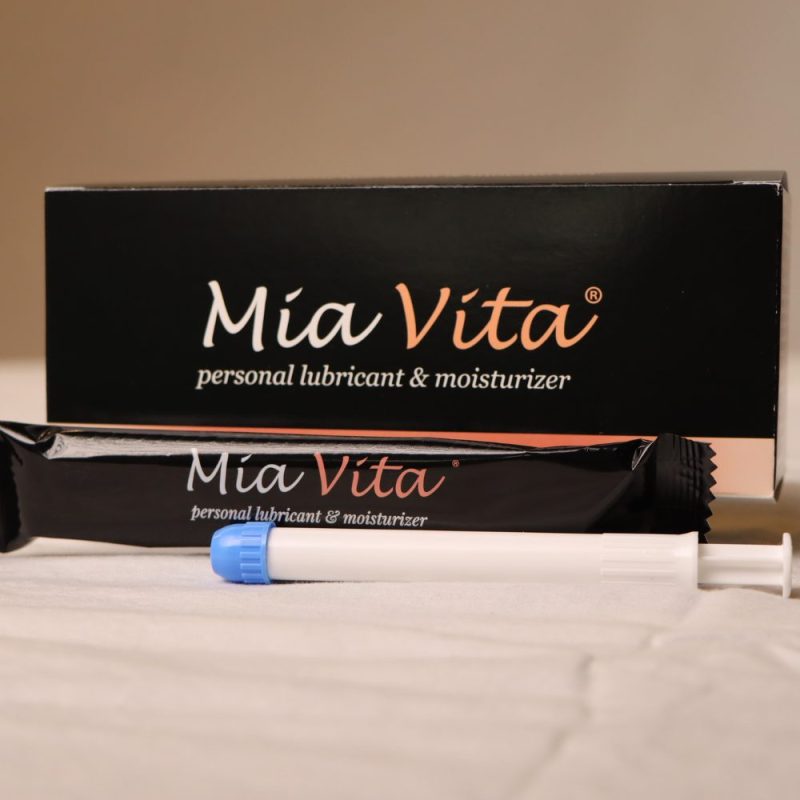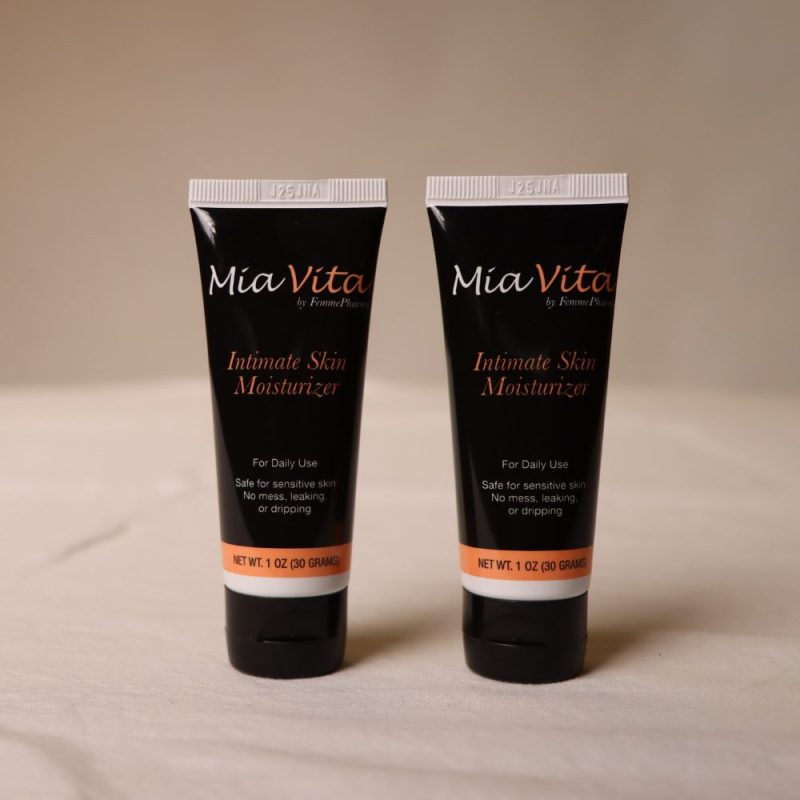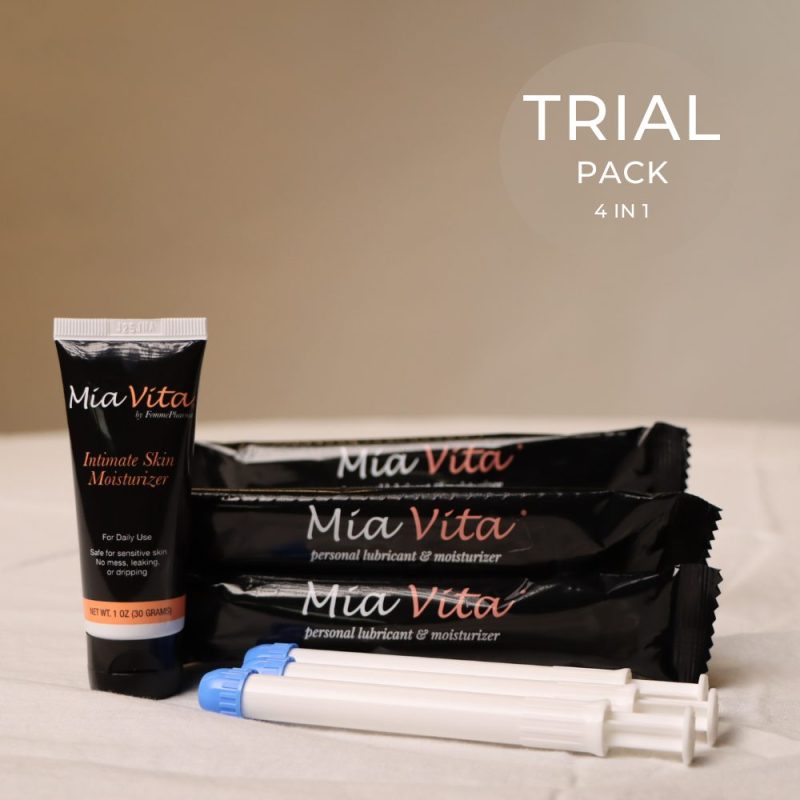If you’re like many of us when we get sick, you may have turned to Google for answers. And if you suffer from vaginal or vulvar itching or burning, you may have stumbled across something called lichen sclerosus.
But just what is this condition? And how do you know if you may have it?
Recently, FemmePharma sat down with Dr. Anthony Benedetto, professor of medicine of clinical dermatology at the University of Pennsylvania, to discuss this rare but serious condition.
Lichen sclerosus and Lichen planus
Lichen sclerosus is an autoimmune disorder that usually affects the genital and anal areas. Named as such for its resemblance to lichen that grows on trees, the condition most commonly affects prepubescent girls and postmenopausal women, although anyone can be affected.
A similar condition, lichen planus, is also an autoimmune disorder that presents as an itchy rash with a bumpy appearance. Lichen planus usually affects the extremities, nails, and scalp areas. However, in women, it can also affect the entrance to the vagina. Lichen planus differs from lichen sclerosus in that it affects men and women equally.
What are the symptoms and complications of lichen sclerosus?
The symptoms of lichen sclerosus usually appear on the genital and anal areas and include:
- Thin, patchy, white lesions that look like cigarette paper
- Skin discoloration
- Blotchy or wrinkled skin
- Itching and burning
- Soreness or bruising
- Painful intercourse
It’s important to recognize lichen sclerosus early. If not detected and treated, it can lead to skin cancer and other complications such as scarring of the clitoral area. In men, complications include painful erections and urine flow blockage. Lichen planus can lead to scarring and closing off of the vaginal area in women, eventually leading to skin cancer and mucosal cancer.
How do I know if I have lichen sclerosus?
If you’re experiencing dryness, burning, or itching in the vaginal or vulvar area, you may be wondering if it’s lichen sclerosus or simply a case of vaginal dryness that’s common in perimenopausal and menopausal women.
To get an idea, you’ll want to take a mirror and examine your genital area.
We understand that for some of you, this may feel uncomfortable. But it’s the best way to look for the signs – the patchy, thin discolored lesions that could indicate the presence of lichen sclerosus. If you note anything unusual, consult your doctor or healthcare provider to determine the next steps. Diagnosis for lichen sclerosus may include examining the area and/or performing a biopsy to make sure it hasn’t progressed to cancer.
Regardless of the cause, if you have vaginal burning, itching, or dryness, a water-based vaginal or vulvar moisturizer can help alleviate the symptoms.
How do I get rid of lichen sclerosus?
Prescribed topical steroids supplemented with a vaginal moisturizer
The first line of treatment for lichen sclerosus is by applying a prescribed topical steroid to the affected area. Though symptoms can often persist for months, applying a strong steroid regularly and consistently is key. With consistent application, you can reduce the appearance of the sclerotic tissue and alleviate symptoms over time, usually within six months to a year.
As mentioned, you can apply a vaginal moisturizer to the affected areas in between the steroid treatments.
Laser treatments
Another treatment option for lichen sclerosus is laser therapy. During laser therapy, vaginal tissue is stimulated to improve collagen production and reduce the appearance and symptoms caused by the condition.
–
We hope this information has helped you learn a bit more about lichen sclerosus and how it’s different from vaginitis and vaginal dryness. The content here is for informational purposes only and should not be taken as medical advice. Please consult your healthcare professional for any personal medical questions.
FemmePharma has been helping women navigate menopause for over two decades. No matter where you are in your journey, you deserve to have knowledgeable, intimate healthcare partners to help you feel your best. Explore our other articles, podcast episodes with women’s health experts, and products to ease your transition into menopause.



